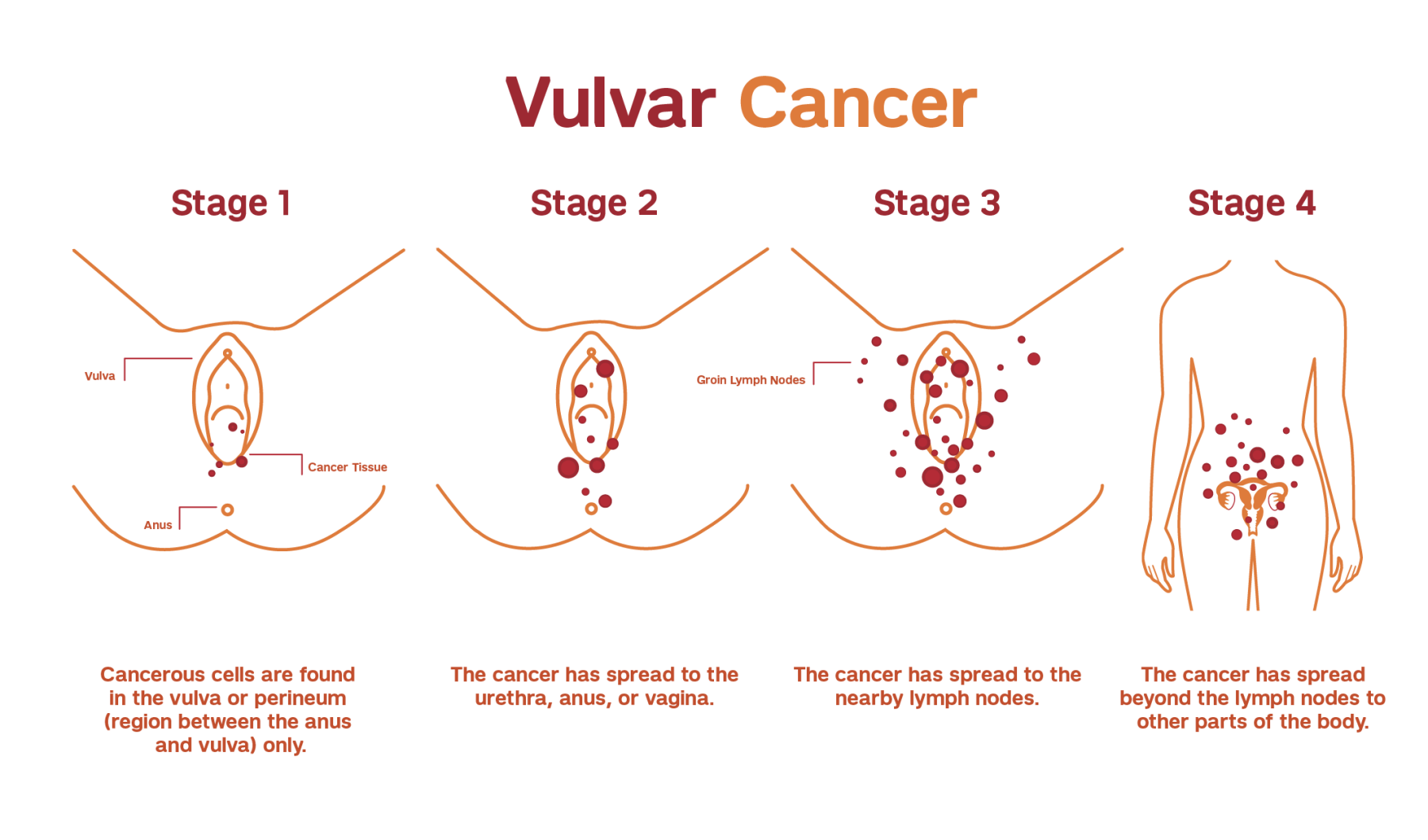Vulvar Cancer Treatment: Options and Advances in Care
Discover the latest advancements in vulvar cancer treatment options. Learn about the various treatment modalities available, including surgery, radiation therapy, chemotherapy, and targeted therapies. Find comprehensive information to help you make informed decisions about your vulvar cancer treatment.
Introduction
Vulvar cancer is a relatively rare form of cancer that affects the external genitalia of women. When diagnosed with vulvar cancer, understanding the available treatment options is essential in determining the most appropriate course of action. In this blog post, we will explore the comprehensive options and recent advancements in vulvar cancer treatment, including surgery, radiation therapy, chemotherapy, and targeted therapies, empowering you to make informed decisions about your treatment journey.

Understanding Vulvar Cancer Treatment
Vulvar cancer treatment often involves a multidisciplinary team of healthcare professionals, including gynecologic oncologists, radiation oncologists, medical oncologists, and specialized nurses. This collaborative approach ensures comprehensive evaluation, personalized treatment plans, and ongoing support throughout the treatment process.
Factors Influencing Treatment Decisions
Several factors are considered when determining the appropriate vulvar cancer treatment approach. These factors include the stage and extent of the cancer, the patient's overall health and preferences, and the potential impact on sexual function and quality of life. Each treatment plan is tailored to meet the specific needs of the individual patient.
Treatment Modalities for Vulvar Cancer
Surgery is the primary treatment for early-stage vulvar cancer. The goal is to remove the cancerous tissue while preserving as much healthy tissue as possible. Depending on the extent of the disease, surgical options may include a wide local excision, radical vulvectomy, or even lymph node removal. Reconstruction techniques may be employed to restore form and function post-surgery.
Radiation Therapy: Precise Targeting of Cancer Cells
Radiation therapy uses high-energy X-rays or other radiation sources to kill cancer cells or prevent their growth. It may be recommended as the primary treatment for certain vulvar cancers or in combination with surgery. Advances in radiation therapy techniques, such as intensity-modulated radiation therapy (IMRT) or brachytherapy, allow for precise targeting while minimizing damage to surrounding healthy tissues.
Chemotherapy: Systemic Treatment for Advanced Cases
Chemotherapy involves the use of powerful drugs to destroy cancer cells throughout the body. It may be recommended as the primary treatment for advanced or metastatic vulvar cancer or in combination with surgery and/or radiation therapy. Chemotherapy can be administered orally, intravenously, or as a combination of different drugs, depending on the specific needs of the patient.
Targeted Therapies: Precision Medicine for Vulvar Cancer
Targeted therapies are a newer treatment option for vulvar cancer, specifically for those with advanced or recurrent disease. These therapies work by targeting specific molecular abnormalities or proteins involved in the growth and spread of cancer cells. Examples of targeted therapies for vulvar cancer include immune checkpoint inhibitors and angiogenesis inhibitors.
Advancements in Vulvar Cancer Treatment
Advancements in surgical techniques have led to the development of minimally invasive procedures, such as laparoscopic or robotic-assisted surgery, for certain cases of vulvar cancer. These approaches offer smaller incisions, reduced blood loss, shorter hospital stays, and faster recovery times compared to traditional open surgeries.
Personalized Medicine and Precision Oncology
Recent advances in genomic testing and molecular profiling have paved the way for personalized medicine and precision oncology. These approaches analyze the genetic makeup of the tumor to identify specific mutations or markers that can guide treatment decisions. By tailoring treatments based on individual characteristics, patients may experience improved outcomes and reduced side effects.
Conclusion
Vulvar cancer treatment options have evolved significantly, offering patients a range of approaches to combat the disease. From surgery and radiation therapy to chemotherapy and targeted therapies, each treatment modality has its specific benefits and considerations. With advancements in care, including minimally invasive surgery and personalized medicine, patients can receive more precise and tailored treatments. Consult with a team of healthcare professionals specializing in vulvar cancer to discuss the most appropriate treatment plan for your specific condition, ensuring the best possible outcome for your journey toward recovery.
We are associated with experienced and highly skilled medical professionals. We use the latest medical technology available in the world and we provide medical services in collaboration with JCI & NABH Certified hospitals only. Our services include various types of treatment and organ restructuring and transplant.
